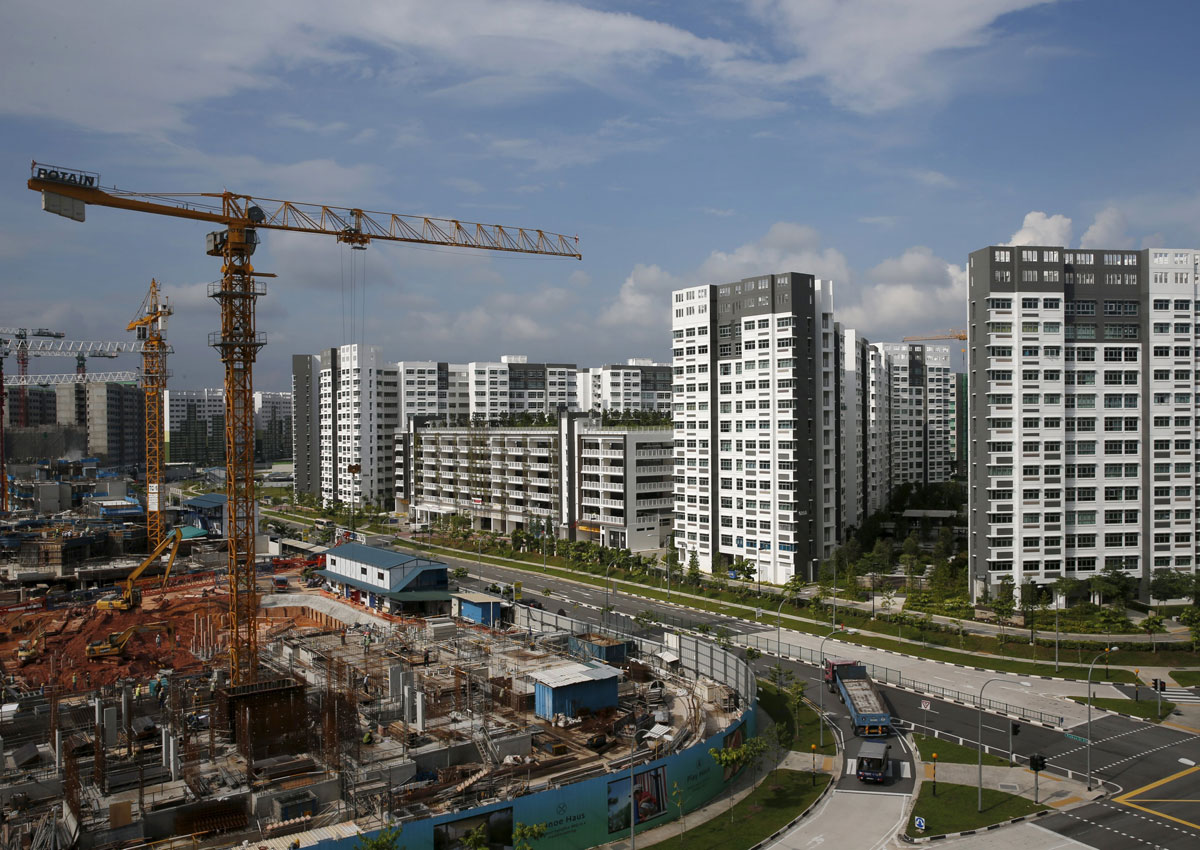The absence of any measures in Budget 2016 to help the beleaguered property sector was greeted with an air of resignation among industry players, and disappointment by some home owners hoping to buy an investment property.
These come even though the Government had earlier flagged that it is premature to lift cooling measures on residential transactions.
Singaporean small-business owner Leena Ganesan, 41, and her Singapore permanent resident husband were disappointed that one particular measure, the additional buyer’s stamp duty (ABSD), was not relaxed.
The couple live in a landed cluster home in Bukit Timah which Ms Ganesan bought for $3.05 million four years ago, and were looking to invest in a two- bedroom condominium unit.
“We have put our investment plan on hold now for two years. If we don’t see anything moving in the next one year, we may invest in India instead,” Ms Ganesan told The Straits Times yesterday.
Analysts said investors such as Ms Ganesan would have helped to perk up the lacklustre property sector slightly had the Government decided to ease some measures.
A lift in buying activity in the real estate sector will also have some positive spillover effect on property-related businesses.
PropNex chief executive Ismail Gafoor said: “It will have some spin-offs in other areas: contractors, banks, property agents, furniture retailers. If foreigners come to view properties here, then the tourism sector may also benefit.”
EL Development managing director Lim Yew Soon noted that the boost in sales from the recalibration of cooling measures would also “encourage developers to channel cash flow back to Singapore”.
“The market is slow, so you see investors and developers investing overseas. There is an outflow of funds from Singapore,” he said.
Developers have repeatedly lobbied the Government to tweak cooling measures implemented in the past few years which have weakened demand for new homes. New home sales came in at over 7,000 units in each of the past two years, about half of 14,948 units in 2013.
MCC Land managing director Tan Zhiyong said: “The market continues to be saddled with a large number of unsold units, which further depresses current rentals and also adds significant pressure on developers.”
There were 5,736 uncompleted private homes that were launched and not sold as at the fourth quarter of last year, based on figures from the Urban Redevelopment Authority. All in, there were 23,271 uncompleted units in the pipeline that were yet to be sold as at end-December last year.
The vacancy rate of private homes hit a 10-year high of 8.1 per cent in the fourth quarter of last year, and Century 21 chief executive Ku Swee Yong had hoped the Budget would address this issue.
Said Mr Ku: “Perhaps agencies like the Economic Development Board can find ways to bring more foreign companies to Singapore. This will drive demand for rental of homes, as well as commercial and industrial properties.”
However, DBS Bank economist Irvin Seah believes the Government made the right call as the drop in property prices had not been significant, amid an environment where interest rates are still low.
“Any unwinding at this juncture would be premature and (may) lead to higher leverages, which could pose an issue for the banking system going forward,” he added.
Private home prices fell 3.7 per cent last year, after declining 4 per cent in the year before.
wongsy@sph.com.sg

This article was first published on March 28, 2016.
Get a copy of The Straits Times or go to straitstimes.com for more stories.







